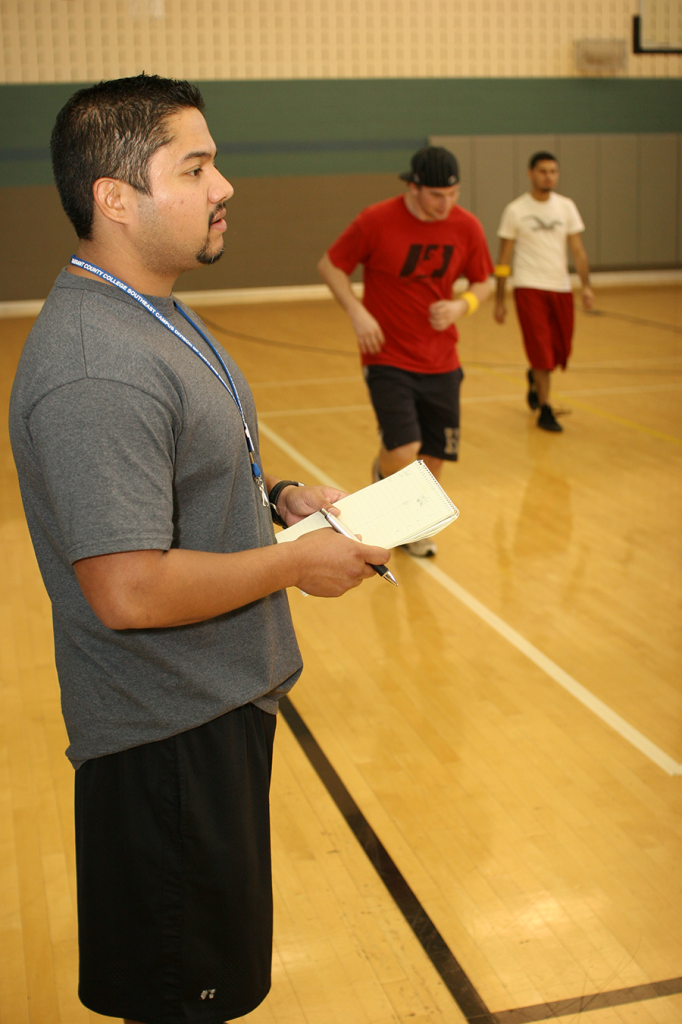By Dea Ozegovic/reporter
With the beginning of the spring semester, students are already making plans for fall. Some will graduate and look for a job while others continue their education at four-year institutions. For those graduating or transferring, financial aid may be a main concern.
Students have many options for funding at four-year universities. Financial aid offices at prospective schools as well as at any of the TCC campuses are a good source for information. Students can get help with their Free Application for Federal Student Aid forms and information about university-based and outside scholarships and grants.
JoLynn Sprole, South Campus financial aid director, junior and community college transfer students are the most preferred incomers at four-year institutions.
“They have already shown their academic ability at college level, and that makes them a better aspect to the school,” she said.
If transferring to a university, students are encouraged to do everything well ahead of time. When it comes to financial aid, most institutions disperse their funds on a first-come, first-served basis, so Sprole recommends students complete their financial aid applications six months in advance of the transfer.
The TCC sister schools — University of Texas at Arlington, University of North Texas, Texas Woman’s University, Texas Wesleyan University, Dallas Baptist University and Texas Christian University — offer several scholarships for incoming transfer students.
TCC also has agreements with many of these sister schools that TCC students with a certain GPA and number of hours are eligible for scholarships.
UNT’s agreement with the Grapevine Rotary Scholarship is open to a student who transfers to UNT from TCC with at least 45 semester credit hours and a GPA of at least 3.25 and maintains the average after transfer. UNT will match scholarship awards of at least $1,500 for the student’s third and fourth years.
TCU offers the TCU/TCC Cornerstone Scholarship, which requires Cornerstone honor students to have a cumulative college GPA of 3.25, at least 27 hours of transferable course work by June 1, an essay and outside activities or work experience.
To maintain these scholarships, students must maintain a certain GPA, take full-time class loads, remain in good standing, be eligible to continue classes at the institution and complete all admission and scholarship applications by the published deadlines.
Other sister schools offer similar scholarships. Sprole said the best way to find out about them is by asking the advisors at the particular school or at TCC.
Students who do not qualify for any of these have other options.
Grants are funds given to a student on need-based criteria. Students must meet eligibility requirements to qualify, and this type of aid can come from multiple sources, including federal government, state government and colleges.
Students not eligible for scholarships or grants could consider loans. Schools can offer loans with low fixed-interest rates and flexible payment options. Unsubsidized and subsidized student loans are government-based loans that help students get through college with minimal financial hassle.
Subsidized loans are need-based, so the government pays the interest while recipients are in school, during a six-month grace period after graduation or otherwise separating from school and during authorized deferment. Since unsubsidized loans are not need-based, the government charges interest starting from the first receipt of money.
Sprole said students should ask to see an advisor’s transfer book, the most updated source of information. It contains scholarships and offers that schools personally send for TCC students. Students can also check bulletin boards around campus to find out about state and nationwide scholarships and programs.
“The financial aid offices in the surrounding schools have a tight community,” she said. “TCC advisors are able to personally reach advisors and help students get their answers.”
Students considering transferring should start their research this month, and the best start would be the advising office, Sprole said.























